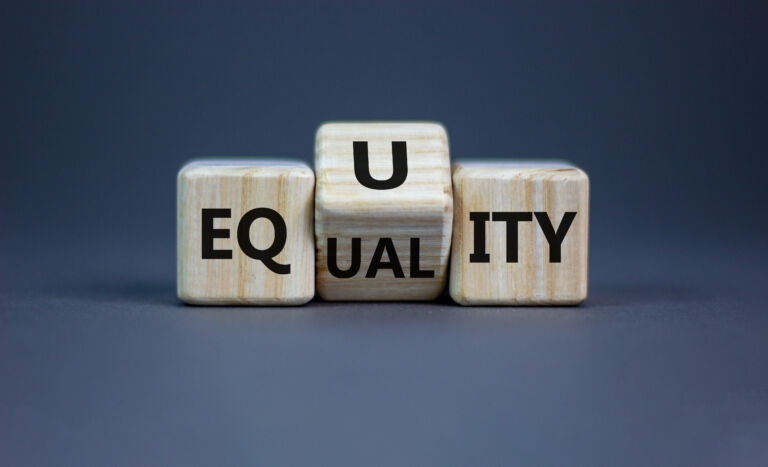When Kroger announced in 2012 that it was closing in Southeast Raleigh, the community was apoplexed.
The area is considered a “food desert,” which is “an urban low-income area where the poverty rate is at least 20 percent and at least 33 percent of residents have low access to a supermarket or large grocery store.” Having access to a local grocery store is “a necessity for the area.” Especially for senior citizens on fixed incomes, having to travel several miles for groceries means new concerns about having to take the bus, making purchases in more expensive areas, and carrying grocery bags.
Shortly after the announcement, over 100 people came to a community meeting at Martin Street Baptist Church to discuss the grocery void and the problems it would create:
City leaders and residents, however, say the closings will greatly affect the community’s ease of access to fresh produce and healthy food, especially for people on fixed incomes and with limited transportation.
“I think everyone is speaking very passionately about how they feel about Kroger leaving one way of another, but the fact remains this is a food desert,” said Cathey Ector. “We really, really need to have a viable grocery store in order to meet the needs of citizens in this area.” …
Residents at Monday’s meeting said they hope to fill the void left by Kroger.
“I don’t think we need to rely solely on government to do it,” Ector said. “I think it’s a whole collaboration of residents, organizations, nonprofits that can help replace the Kroger.”
This month brought news that there will finally be a new grocery store coming to the area. Another company bought the old Kroger space and plans to install a grocery store and a discount department store.
Even better, this is a company that understands how to do business in low-income areas. The chairman of the company, who has given millions upon millions of dollars to humanitarian causes in North Carolina over the years (and over $1 million last year alone), told The New York Times that
the business model for his company, originating with his father in 1949, was to locate in areas often abandoned by other retailers. “We go into the communities that have food deserts, shopping centers that are empty, and we revitalize those centers,” he said. “We try to provide great value to customers of limited means.“
There is going to be another community meeting at Martin Street Baptist to discuss the new, long-sought grocery store. To welcome it?
No. Oh, no. According to the pastor of Martin Street Baptist, Earl C. Johnson, the meeting is to urge people to boycott it.
Why boycott something that finally provides “great value” that the people in the community “really, really need”? Because it would be owned by Variety Wholesalers, which belongs to Art Pope, who has done more to improve the lot of poor people in the state than nearly everyone else, but who also gives to free-market causes and is a Republican.
Take up thy bags and walk
The final part is the unforgivable sin, you see, to the shrill moralizers who preach a political Jesus. They would rather poor seniors travel farther, brave the bus, pay more, and carry grocery bags further — and rather other poor families in the community make sacrifices against their own family’s needs — than have them purchase from a demon of their own imagination.
I wonder if all the people upset back in 2012 realized their community “leaders” and friendly local “progressives” had an asterisk beside their comments about a grocery store being a “necessity” for the area, “really, really needed,” because “the community was hurting”?

